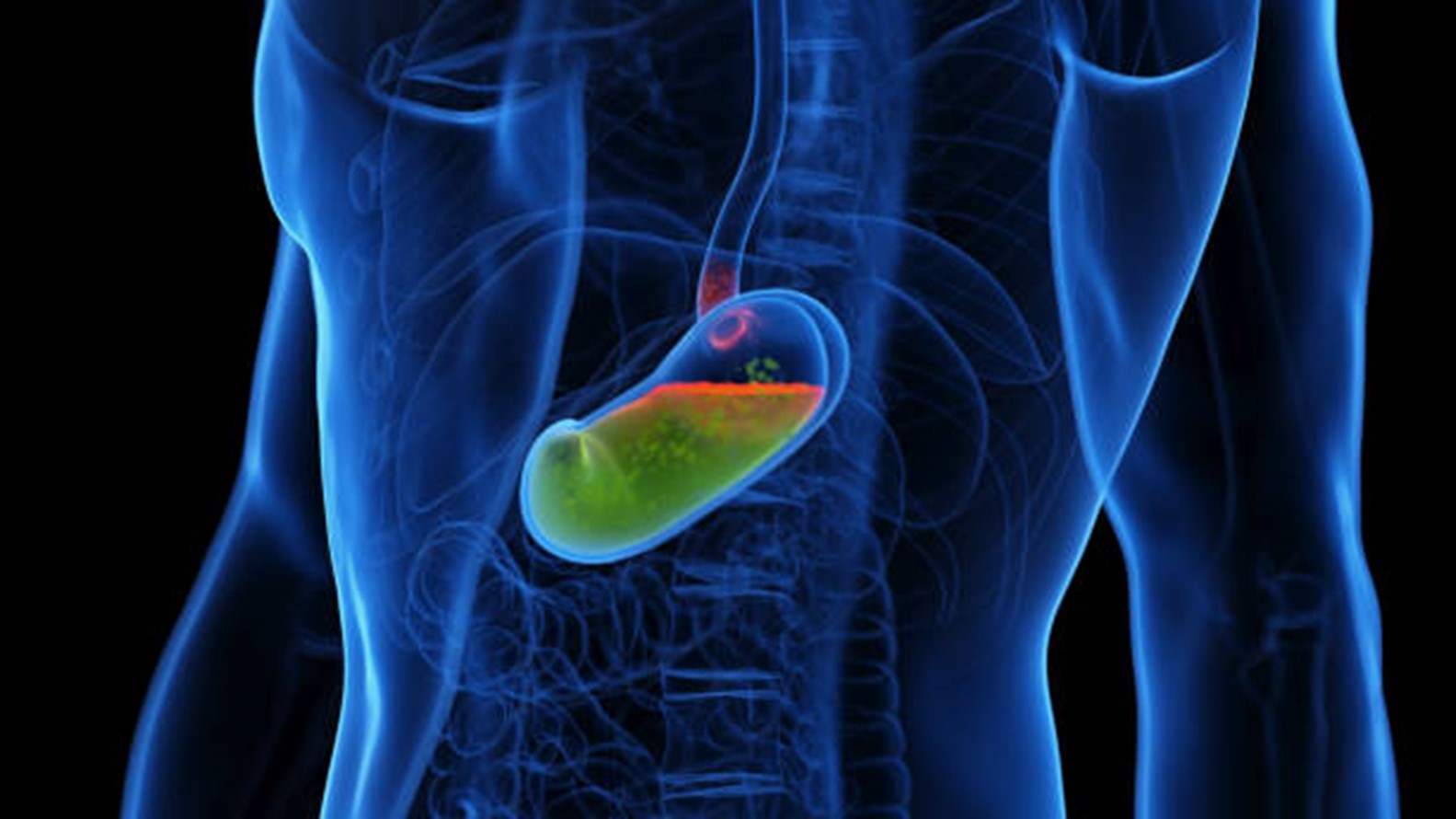
For years, Jose struggled with gastroesophageal reflux disease (GERD), which made him feel uncomfortable and uneasy. His problems started with severe heartburn and food restrictions, and they became worse over time.
“I didn’t even realize how bad it was,” he says. “But my friends and family told me I always complained about my stomach. I started to notice I was getting tired during the day and had to be careful about what I ate.”
Gastroesophageal reflux disease (GERD) is a condition that happens when stomach acid flows back into the esophagus, causing pain and discomfort. Left untreated, it can lead to more serious health issues. Some 20 percent of people in the U.S. suffer from GERD, and effective treatments—including a newer, minimally invasive surgical option—are available.
Finding a diagnosis and treatment
Jose’s family noticed his struggles before he did. “My sister told me I should see a doctor,” he explains. After trying medications without relief, he consulted with David DiCaprio, DO, a gastroenterologist at Summit Health. The specialist suggested a minimally invasive surgical technique known as a Transoral Incisionless Fundoplication (TIF) procedure – one of the only options of its kind in the area.
During a consultation, Dr. DiCaprio explained how TIF works. TIF is a special tool inserted through the mouth using a long flexible tube called an endoscope. The tool allows the physician to wrap the stomach around the esophagus, which prevents the acid from regurgitating back up.
“Learning about TIF gave me hope,” Jose says. “I felt empowered to take charge of my health.”
How TIF works
The TIF procedure is designed to help patients like Jose, explains Dr. DiCaprio. “TIF offers patients who want to avoid daily medications or have hit a roadblock in their care, another choice,” he explains. “It’s a great privilege to offer patients a procedure that is new to the region and may become a new gold standard for patients who have failed medical therapy or are seeking medication-free relief.”
Dr. DiCaprio says it is important to evaluate and understand every patient’s unique needs. “During our workup, we do a deep dive into lifestyle factors and specific endoscopic evaluations including pH monitoring to understand each patient’s specific situation. Having TIF, in addition to these tools, in our arsenal empowers our patients to break the mold of traditional care and improve their quality of life.”
A typical TIF procedure does not require any incisions. However, some patients like Jose also have a large hernia that requires additional repair. In these cases, the surgeon narrows the gap between the esophagus and the stomach to prevent the stomach from sliding upwards. Even though this technique, known as a concomitant TIF procedure, requires incisions it allows the patient to recover faster and have fewer complications.
Incredibly, the TIF procedure left Jose with only four small scars. “I was amazed,” he shares. “Now I can eat many different foods without worrying about GERD. It feels fantastic!”
A new lease on life
Before and after his surgery, Jose made important changes to his diet. He stopped drinking alcohol and began exercising regularly. “These adjustments helped me recover faster and have improved my health,” he explained. “I finally feel like I’m in control of my life again.”
Jose is now a strong advocate for this treatment. “Too many people are still using outdated methods,” he urges. “They need to know that options like TIF are available.”
Dr. DiCaprio enjoys working with patients like Jose to find the best option for them. “Having this tool in our arsenal empowers our patients to break the mold of traditional care and improve their quality of life,” he says.
Jose has also experienced a significant emotional change. “I feel relieved knowing my health issues are solved,” he admits. “I don’t have to stress about constant doctor visits anymore and I can enjoy my life.”
If you’re struggling with GERD or similar symptoms, don’t suffer in silence. Reach out to Summit Health to schedule an appointment with the Gastroenterology team and talk about your treatment options.
